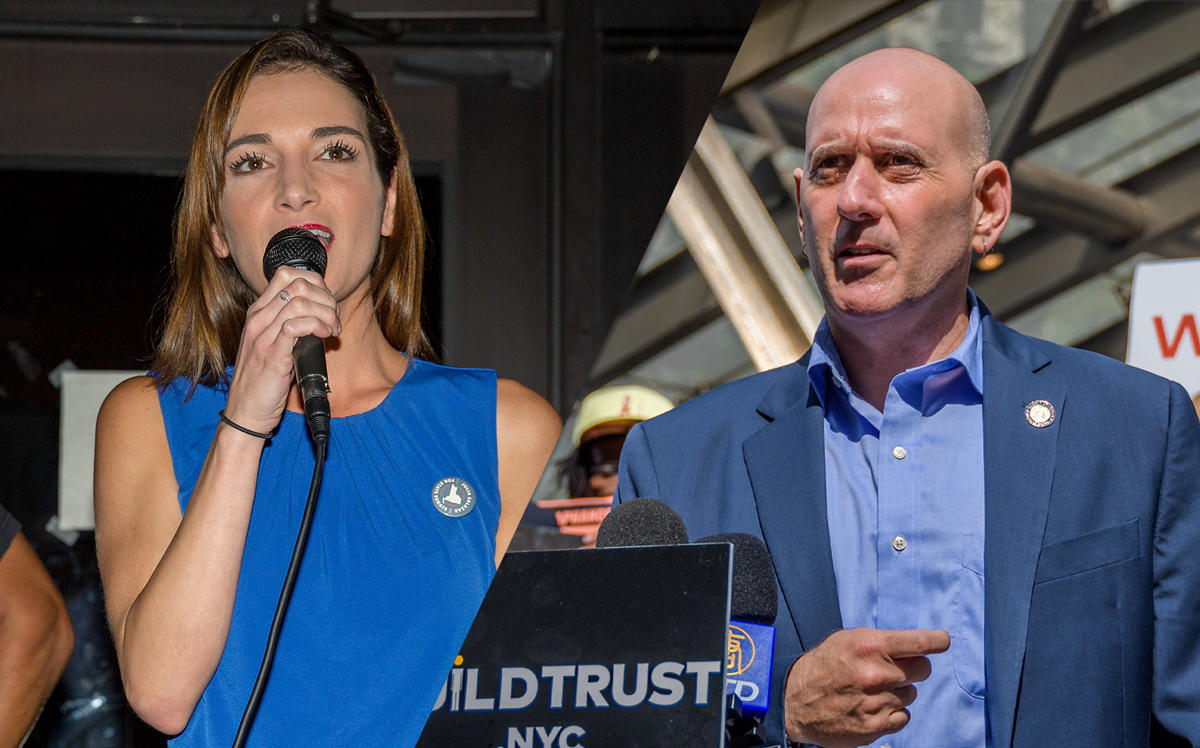A new bill seeks to raise money for public housing while bringing more transparency to the complex world of mezzanine financing.
A new state bill introduced by State Senator Julia Salazar and Assembly member Harvey Epstein would include mezzanine debt in mortgage recording and include such transactions in the mortgage recording tax. The bill defines mezzanine debt as debt carried by the borrower that may be subordinate to the primary lien, or common shares and reported assets that are used to finance a primary lien.
Essentially, that means that the current mortgage recording tax — which is 0.5 percent for mortgages of any amount (and 0.8 percent in the 12 counties serviced by the Metropolitan Transportation Authority) — would include even debt that is currently not publicly recorded. The proposed legislation would upend New York’s real estate finance practices and generate hundreds of millions of dollars for public housing.
Read more

Epstein said that he has long considered the lack of transparency in private equity financing into multifamily housing to be a problem. “Why should debt on a property that’s not collateralized by a mortgage be treated any differently than normal debt?” he said.
New York City collected $1.4 billion from 66,180 mortgages last year, according to the annual statistical report of New York State tax collection.

East Village (Credit: iStock)
Under the proposed bill, that revenue would directly fund public housing. In New York City, proceeds from the mortgage recording tax would go directly to New York City’s public housing system. That also means the proceeds would skip New York City’s general fund. (Outside of New York City, the funds would go toward the county’s affordable housing system.)
The New York City Housing Authority’s capital need has soared to $40 billion, up from $32 billion, according to Greg Russ, who was appointed to head the beleaguered agency last year.
Though the bill appears aimed at private equity firms that have provided junior debt on multifamily developments, prominent developers interested in other asset types could also be affected. Developers such as Madison Realty Capital, Mack Real Estate Group, Silverstein Properties, SL Green Realty and Moinian Group have launched mezzanine and other debt platforms in recent years, though many are primarily focused on the construction debt space.
In many cases, the lender makes a good payday from mezzanine yields, which are typically higher than senior debt because they entail more risk. Unlike a mortgage lender, which upon foreclosing takes the property and is not bound by liens that came after the mortgage loan, a mezzanine lender that forecloses gets the borrower’s ownership interests, not the property itself. The lender also takes on the owner’s liabilities.
Write to reporter Georgia Kromrei at gk@therealdeal.com
